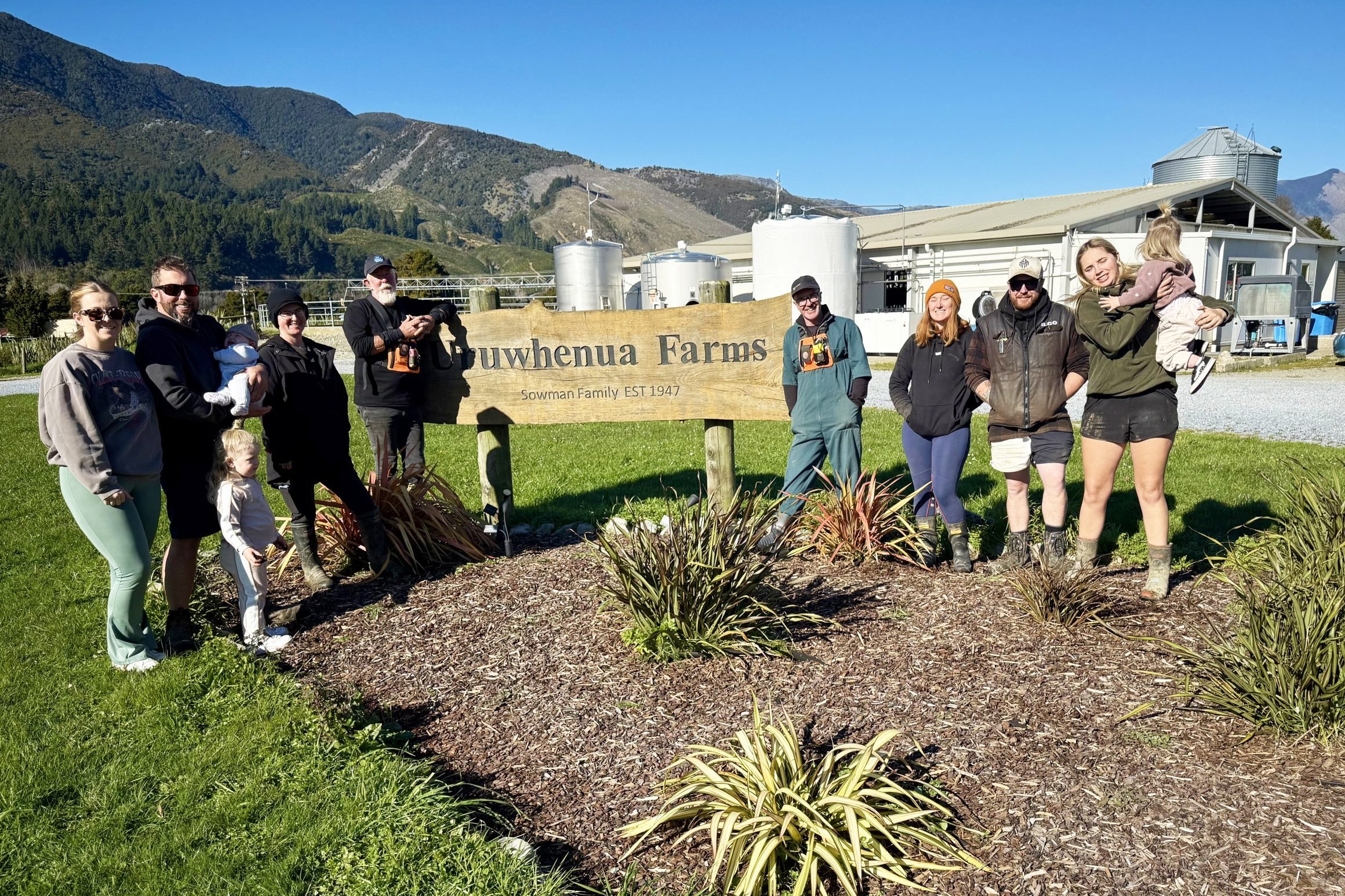Joanna Cuttance
Business yield or profit is becoming the holy grail when it comes to assessing farm values, their “investability” and their likely overall sustainability.
ANZ acting Southern general manager for commercial and agri business Mark Grenside says strong profitability is paramount and provides security, flexibility and options for farmers who, like most businesses, are facing changing times.
Understanding your asset, its productive capacity and the regulatory environment it must operate under are all important first ports of call when it comes to assessing whether your farming business is set up to optimise performance and profit, he says.
“How well do you understand your soils, your water availability – rules around it and future risks to it, climatic factors and risks, your property rights and the rules around them?
“In many regions now, your nutrient budget is just as important as your financial budget.
“It’s got to be considered up front and in a lot of cases will be a major factor in determining your direction and what your farm’s productive capacity is.”
Not understanding the farm’s productive capacity can mean you’re leaving productive returns on the table or you’re spending too much trying to achieve performance that’s not realistic.
“If you don’t understand the regulatory environment and where it’s heading, you’re exposing yourself to future risks and could be locking yourself into a system that’s going to be expensive to back out of.
“Our top farmers are very aware of these – they’ve got their heads up looking to the future and in a lot of cases they’re embracing the changes.
“Often what’s good for the environment, for instance, is good for the bottom line as well. They can see opportunities.”
The productive capacity of the operation is important because as well as going a long way to determining value it also determines income.
The revenue line is one that probably doesn’t get enough of the right sort of attention by most people, Mark says.
“We’re not talking pushing production here. We’re talking about smoothing returns and managing income.
“Milk returns can vary by $3/kg milksolids (MS) and have a much greater impact on profit than tightening up on costs and while cost control is paramount, it’s going to give you benefits of anywhere from 20, 30, 40 cents.
“Milk price can have five to six times more impact than any other line in the budget but despite that we haven’t yet seen a lot of people managing their income risk and hedging their milk income.”
Mark says coupled with cost control, a good hedging policy can bring more certainty and stability to profit levels.
Knowing your contingencies, having a realistic view of what these are likely to be, their magnitude and then preparing well for them is important.
“We see people underestimating these. They know they’re coming but still they’re surprised when they happen and they councils had to give effect to it within five years. There might be exceptions to this, and Southland may get one because all of their second-generation plans are complete and current. Depending on regions, the policy would likely impact most sheep and beef farmers, who generally supported a higher proportion of indigenous biodiversity on their farms than arable or dairy farmers.
In the draft policy, section 3.15 implied councils must survey and record areas outside SNAs where threatened or at-risk highly mobile fauna, like native birds and bats, have been, or are likely to be, or sometimes present. These roaming ranges could be up to 12km from where these species reside. This meant a farm with no biodiversity could be affected if its neighbour had native bush.
“The proposals will affect every farmer who has native vegetation or wildlife on their properties but especially those with bush remnants, regenerating pasture, habitat for threatened species, native grassland/tussock or a SNA on their land,” Allen said.
Farmers were encouraged to attend information meetings, read the newsletters, advisories and other information sent to them from Federated Farmers, B+LNZ and DairyNZ and then feedback their views to the organisations or write a submission themselves.
MAKING A SUBMISSION
- Go to the Ministry for the Environment website
- Click on Consultations
- Scroll to Open Consultations and click ‘Help protect native plants, birds and animals’
- Scroll down to Make a Submission
- Click on Submission Tool, (there is also a postal option)
- Write concise, clear sentences
- Remember to print or save a copy
- Submissions close March 14, 2020.




